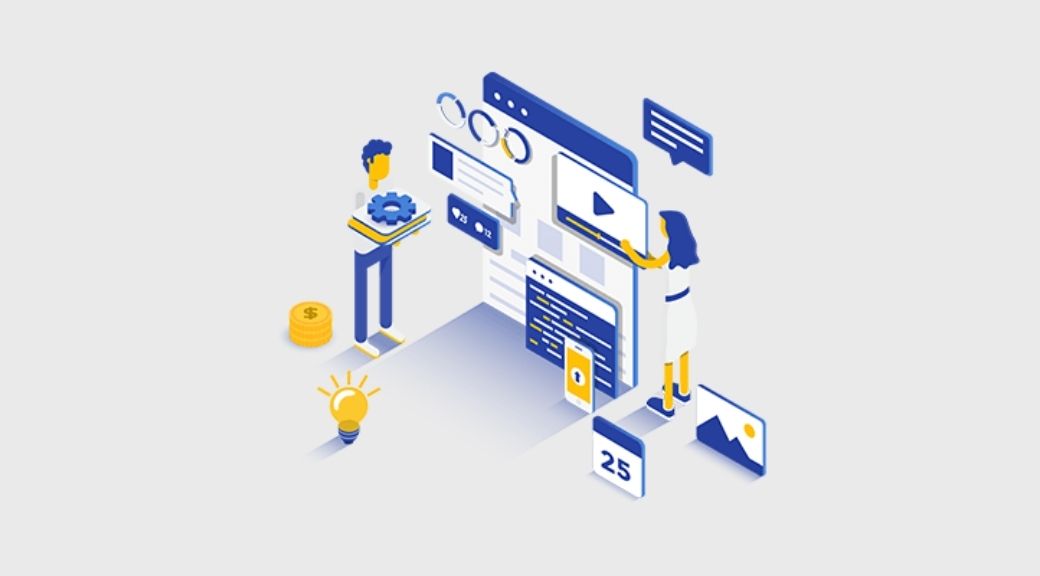As a business owning a website, you must be aware of Search Engine Optimization (SEO). You may also have a paid campaign (Google); however, it is crucial to understand the various Search Engine Optimization elements, both off-page and on-page, before attempting to deploy it for your benefit.

Contents
What Do You Understand by On-Page Optimization?
It is a component of Search Engine Optimization devoted to improving the speed at which your pages load and the number of keywords used in your content. Overall, the focus is to give the users a great experience, improving your page ranking and visibility online. A specialized agency works on this aspect of SEO to help you increase your revenues.
Why On-Page Optimization?
As mentioned above, besides helping improve your page ranking, it drives more traffic your way, leading to better conversion rates. Although it is a slow process, it works ultimately and helps increase sales and profits.
Role of Keywords
Every page of your website has content that talks about the page topic in detail. Using keywords in the content helps you gain recognition online. You can use a tool like Google’s Keyword Planner, which tells you which keyword is best in a particular domain, based on previous searches. Remember that each page of your website requires a different set of keywords to be used, which can be researched and compiled. A keyword planner helps you understand which of the keywords people use to search for products or services they want to buy online.
The planner uses info like monthly search volume, the nearest competitor (significant) to establish which keyword serves your purpose best. You can even use a phrase as a keyword, which is known as a long-tail keyword. A long-tail keyword helps you describe your product or service aptly, though it tends to have lower search volume and offset that the competition is also low.
The Role of Content
Content plays a crucial role in on-page optimization. Content makes users want to come back to your web pages, always looking for useful and gainful information. It is part of SEO to optimize your content, allowing search engines to get a fair idea of your content and rank it accordingly, which draws users to your website.
What Do You Understand by Off-Page Optimization?
Off-page or off-site optimization focuses on improving the search engine results pages (SERPs).
As the name signifies, off-page refers to the actions you take off your website, which includes getting paid or unpaid backlinks linking to more established sites, which can help with your page ranking. The technique also makes liberal use of social media to promote the website and its products and services. Influencer marketing is another aspect of off-page optimization that helps generate leads through links and ratings. Businesses often have no control over off-page optimization.
While on-page optimization talks about your website pages’ relevancy, off-page SEO harps on your website pages’ credibility; however, it works when there is a healthy mix of off-page and on-page, and when the right balance is struck, it helps.
Off-page optimization has its value as the onus of informing the search engines about your website’s importance rests with it. Sites linking to your website pages are your advocates who indirectly approve your website and the quality it represents.
You could say that Google measures your website’s quality based on the number of sites linking to your website; in other words, the number of back-links linking back to your website. If there are two websites in the same line of business, the only way Google ranks one of them higher than the other is based on which website has the higher number of external sources endorsing them indirectly.
Summing it Up
It is better to leave on-page and off-page SEO-related promotional work to a professional agency that knows its business. One thing is for sure – When SEO is done scientifically, the results are quite tangible.
